Why Do We Express Ourselves Through Music?
The Music Expression
Music is an art form that transcends boundaries, cultures, and languages. From the soft strumming of a guitar to the powerful beats of a drum, music has been an integral part of human expression for centuries. But why do we gravitate towards music as a medium to express our thoughts, emotions, and identities? Let’s dive into the fascinating reasons behind this universal connection.
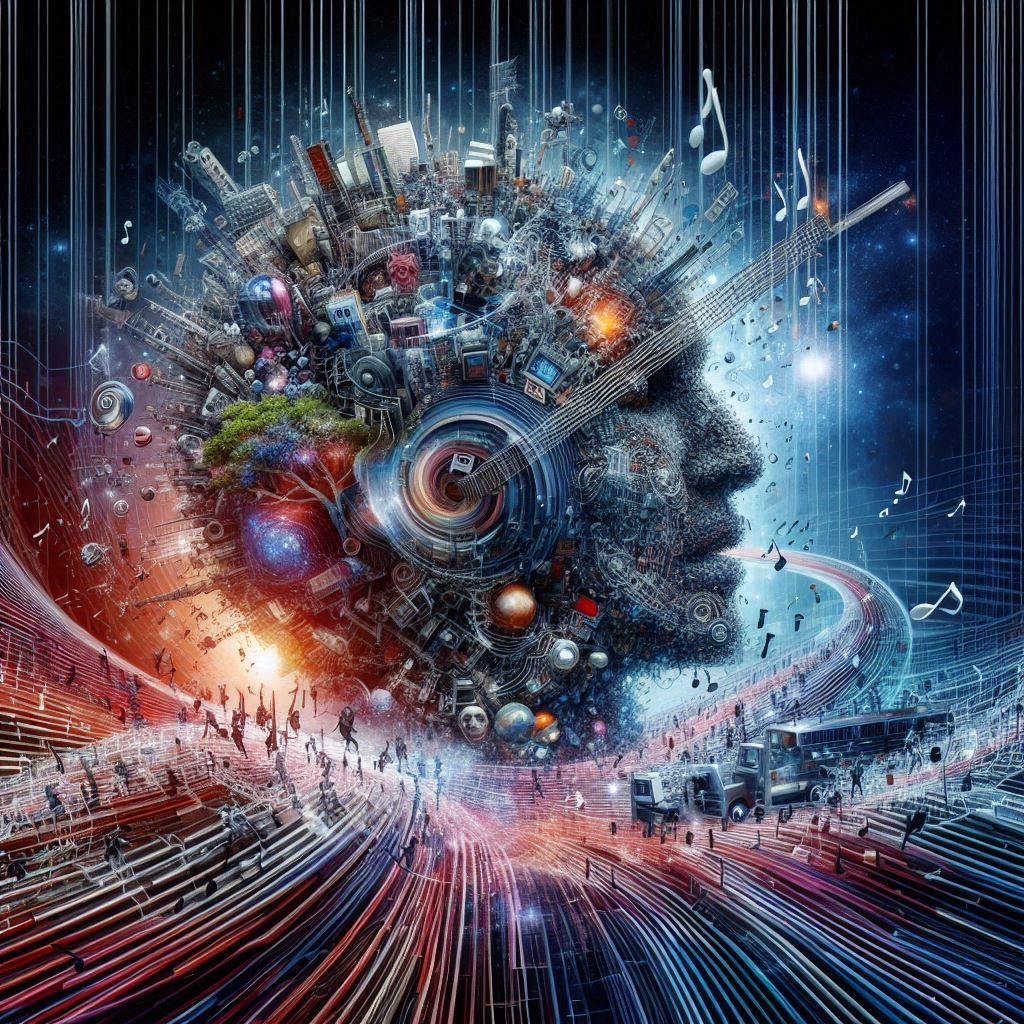
The Emotional Language of Music
A Bridge to Emotions
Music has a unique ability to communicate emotions that words often cannot. Whether it’s joy, sorrow, anger, or nostalgia, melodies and harmonies allow us to articulate our feelings in a way that resonates deeply with ourselves and others. A sad tune can echo the pain in our hearts, while an upbeat rhythm can fill us with energy and hope.
The Science Behind the Feeling
Studies show that listening to or creating music triggers the release of dopamine—the brain’s “feel-good” chemical. This physiological response explains why music can make us feel calm, elated, or even bring us to tears. It’s this emotional connection that encourages us to turn to music as an expressive outlet.
A Reflection of Identity
Cultural Significance
Traditional music, chants, and folk songs serve as a vessel to preserve heritage, telling stories of ancestors and passing down values through generations. From Indigenous rhythms to modern K-pop, music reflects the diversity of human cultures.
Personal Identity
On an individual level, the music we create and consume often mirrors who we are. Lyrics, genres, and sounds become a part of our personal identity. A rebellious teenager might find solace in punk rock, while a contemplative soul might prefer the soothing notes of classical piano. Music allows us to say, “This is who I am.”
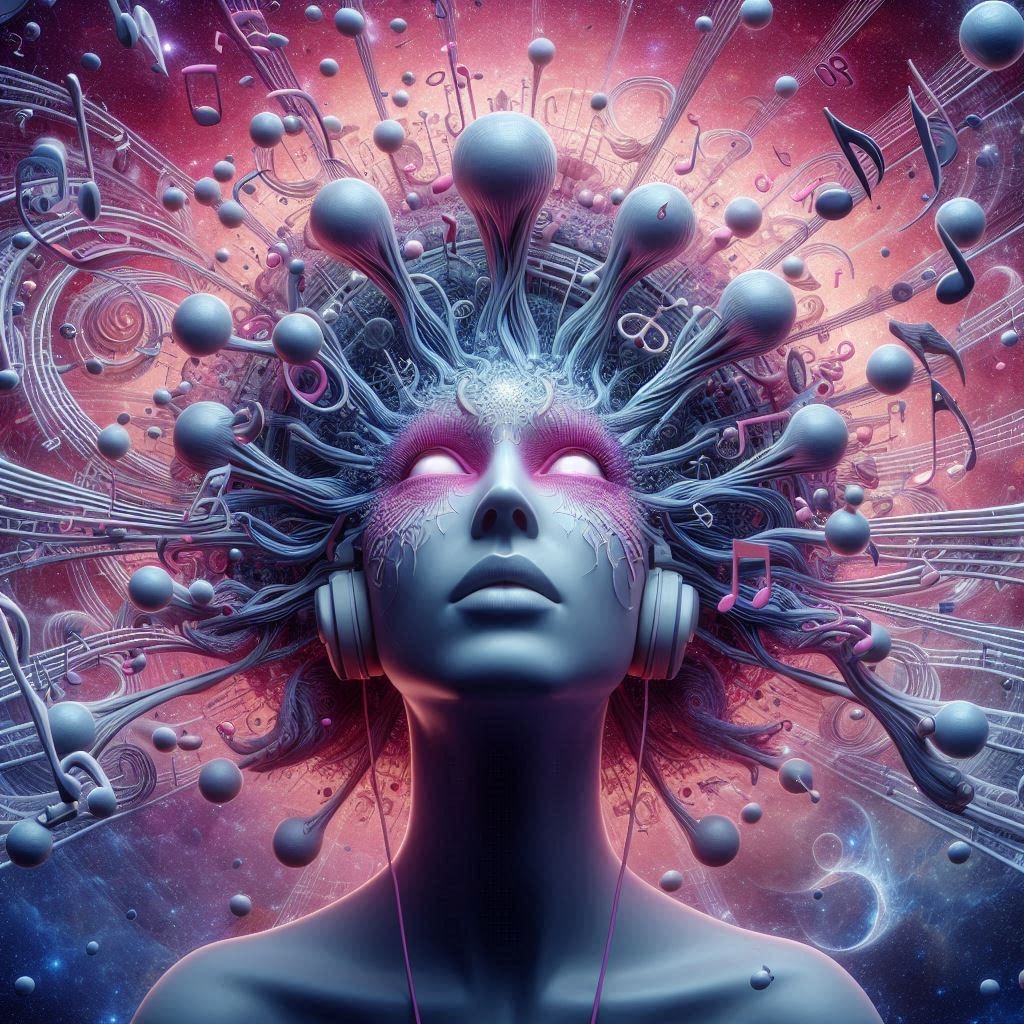
Music as a Universal Language
Connecting People
One of music’s most remarkable traits is its ability to unite people. Without uttering a single word, a melody can create a shared experience among diverse individuals. Concerts, festivals, and street performances are all examples of how music brings people together in harmony.
Breaking Barriers
Music transcends language barriers, enabling us to connect with others despite linguistic differences. A love ballad in Spanish can touch the heart of someone who doesn’t speak the language, proving that music communicates emotions in a way that words alone cannot.
The Therapeutic Power of Music
Healing Through Sound
Music therapy is widely recognized as an effective way to address mental, emotional, and even physical challenges. For those struggling with anxiety, depression, or trauma, music serves as a safe space to express emotions and find comfort.
Stress Relief and Mindfulness
Engaging with music—whether by playing an instrument, singing, or simply listening—has been shown to lower stress levels and promote mindfulness. This therapeutic quality makes music an invaluable outlet for expression and well-being.
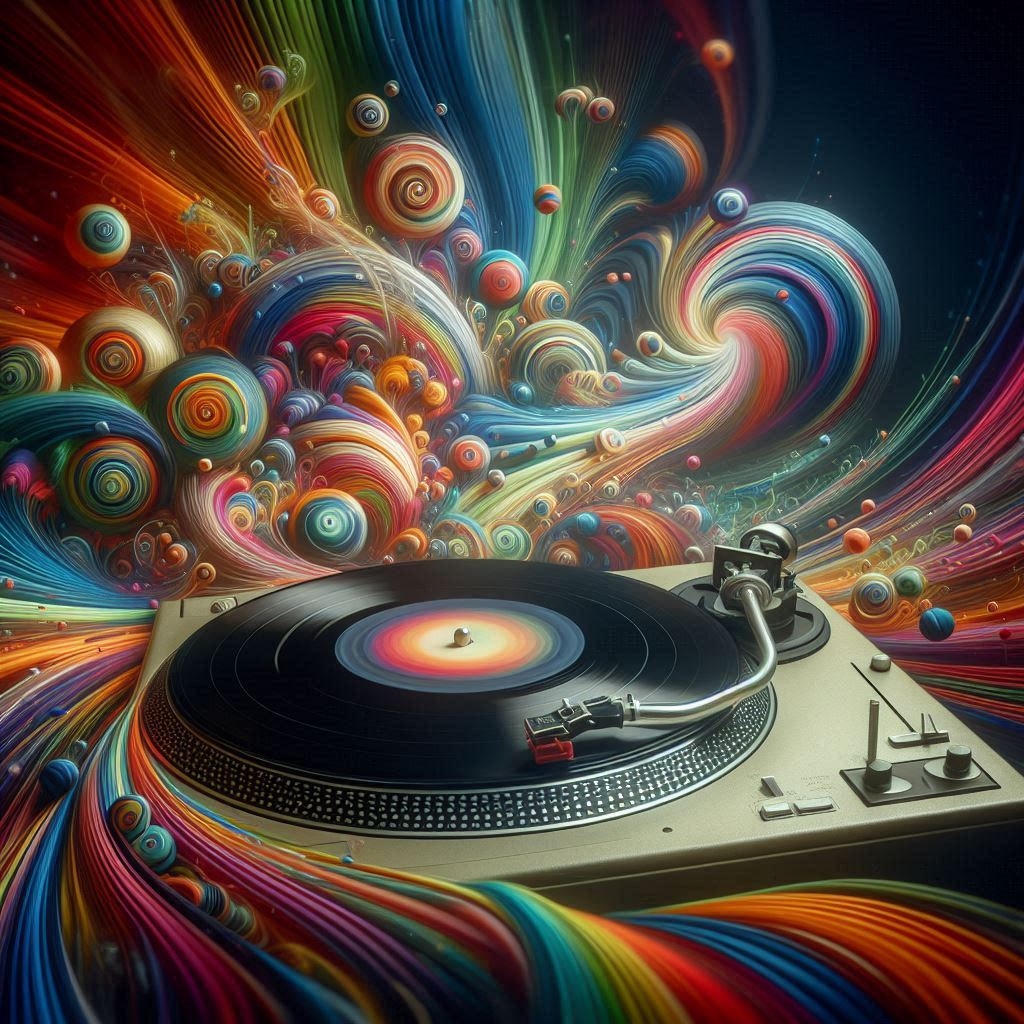
Music as Storytelling
Narrating Experiences
Through lyrics and melodies, music allows us to tell our stories. Songwriters and composers pour their experiences, challenges, and dreams into their creations. These stories resonate with listeners, creating a shared sense of understanding and empathy.
Immortalizing Moments
Music can immortalize moments in time. A song can remind us of a first love, a cherished friendship, or even a pivotal moment in history. By expressing ourselves through music, we create lasting memories that live on long after the song ends.
Music as a Catalyst for Creativity
Fueling Imagination
Music sparks creativity, offering a canvas for the mind to wander freely. Instrumental tracks, in particular, leave room for listeners to create their own interpretations, which can inspire artists, writers, and creators across disciplines.
Collaborative Creation
Music fosters collaboration, bringing together diverse talents like lyricists, producers, vocalists, and instrumentalists. This shared creative process underscores how music serves as a dynamic and multifaceted platform for expression.
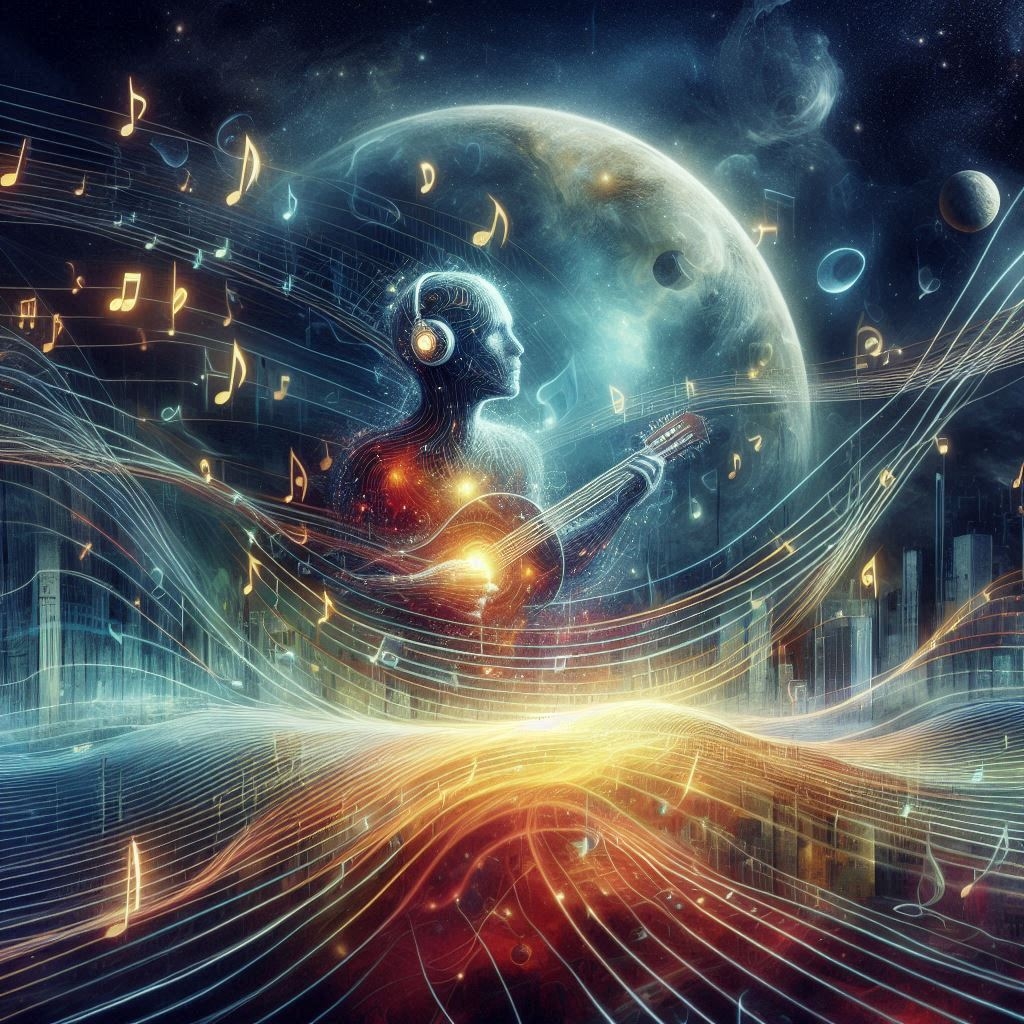
The Evolutionary Roots of Musical Expression
Survival and Social Bonds
From an evolutionary standpoint, music may have played a crucial role in human survival. Early humans used rhythmic sounds to communicate, establish social cohesion, and coordinate group activities. This foundational aspect of music still echoes in modern times.
Ancestral Echoes
Drumming, chanting, and singing are ancient practices that reflect how humans have always sought expression through sound. These traditions are a testament to our intrinsic connection with music as a tool for storytelling and solidarity.
The Role of Technology in Musical Expression
Amplifying Creativity
Advances in technology have revolutionized how we express ourselves through music. From synthesizers to digital audio workstations (DAWs), tools now enable musicians to push the boundaries of sound and experiment with new genres.
Global Accessibility
Platforms like streaming services and social media have democratized music, allowing anyone with internet access to share their creations with the world. This has empowered countless individuals to find their voice and connect with audiences globally.
Music and Social Movements
A Voice for Change
Music has long been a powerful force in social movements. Protest songs and anthems serve as a rallying cry for justice, equality, and change. Artists like Bob Dylan, Nina Simone, and more modern voices have used music to inspire activism and unite people for a common cause.
Emotionally Resonant Messages
The melodies and lyrics of socially-conscious music often carry emotional weight, allowing listeners to connect deeply with the issues being addressed. It’s this resonance that makes music a lasting and impactful medium for advocacy.
Music in Everyday Life
Enhancing Experiences
Music accompanies us in our day-to-day lives, making ordinary moments extraordinary. Whether it’s the playlist that motivates us during a workout or the soothing tunes we play while cooking, music elevates even the simplest activities.
Marking Milestones
From weddings to birthdays, music is an essential part of life’s celebrations. It captures the essence of special moments, helping us create memories that we’ll cherish forever.
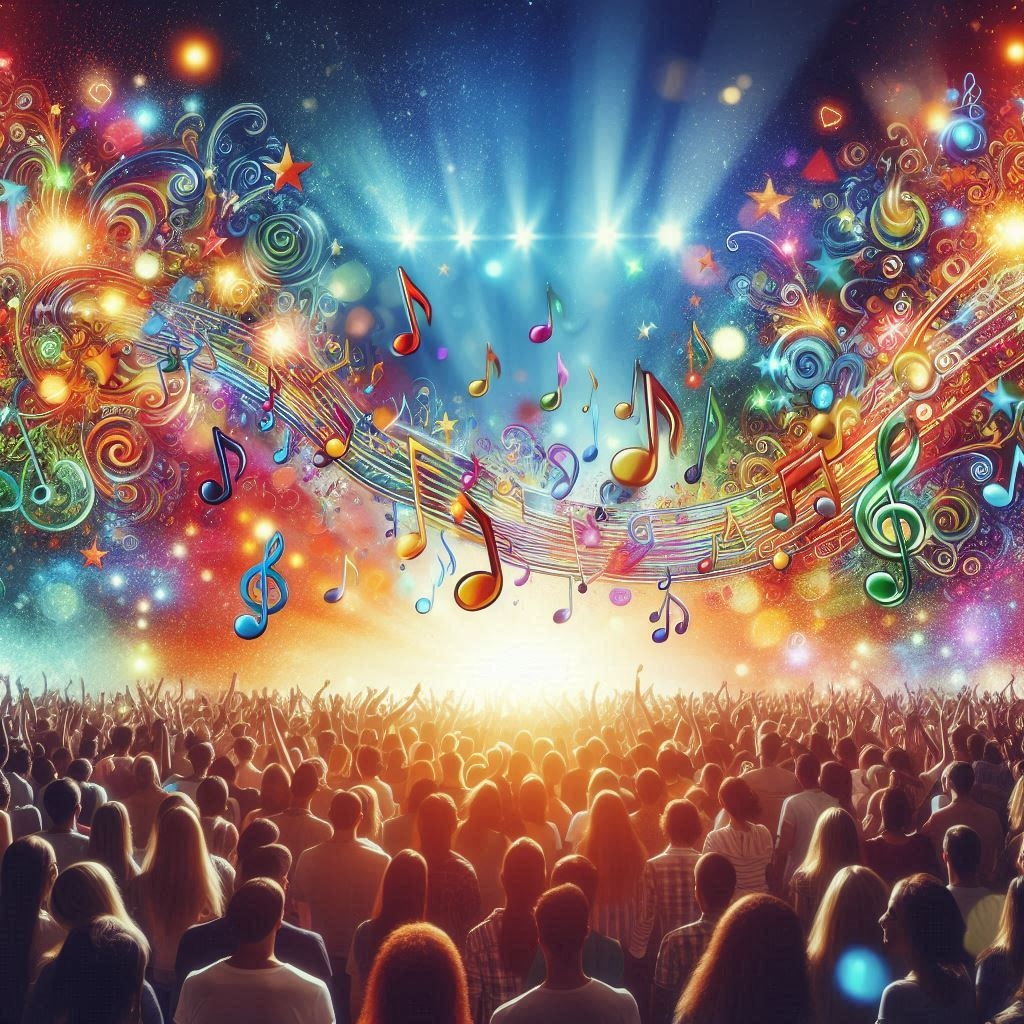
Music and Personal Growth
A Tool for Reflection
Music often serves as a mirror, helping us reflect on our emotions, thoughts, and experiences. Through lyrics and melodies, we gain new insights into ourselves and our journeys.
Building Resilience
Creating or engaging with music can also be a powerful way to overcome challenges. Learning to play an instrument, writing a song, or simply finding solace in a meaningful piece of music can strengthen our emotional resilience.
Conclusion
Music is a powerful tool for human expression, offering a unique way to communicate emotions, reflect identities, and connect with others. It transcends barriers, heals wounds, and tells stories that words alone cannot. Whether we’re playing an instrument, singing a tune, or simply enjoying our favorite playlist, music is a timeless and universal medium through which we express the essence of who we are. So the next time you hum a melody or tap your feet to the beat, remember—you’re partaking in one of humanity’s most profound forms of self-expression.
Join the Discussion
Music is a deeply personal and universal experience, making it a fascinating topic for conversation. How has music helped you express yourself? Do you turn to certain songs, genres, or instruments when words fall short?
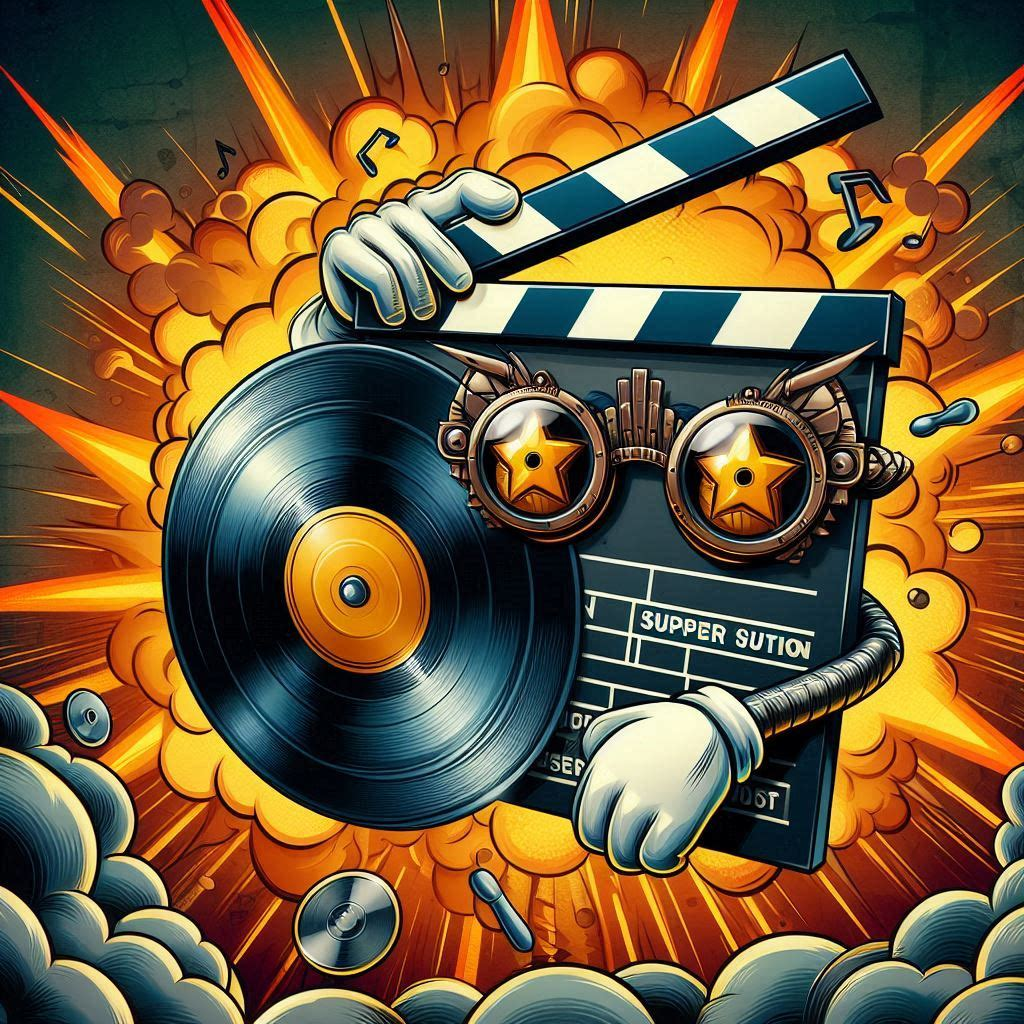




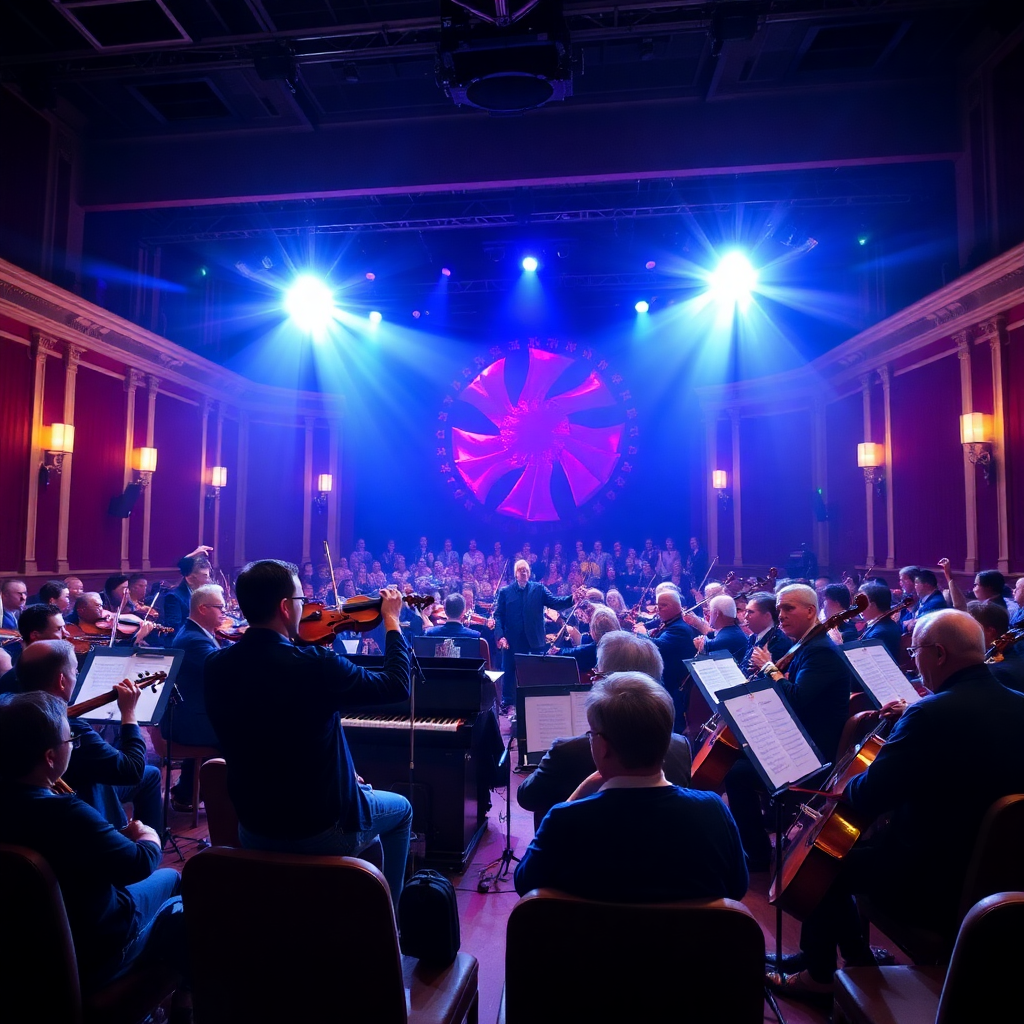
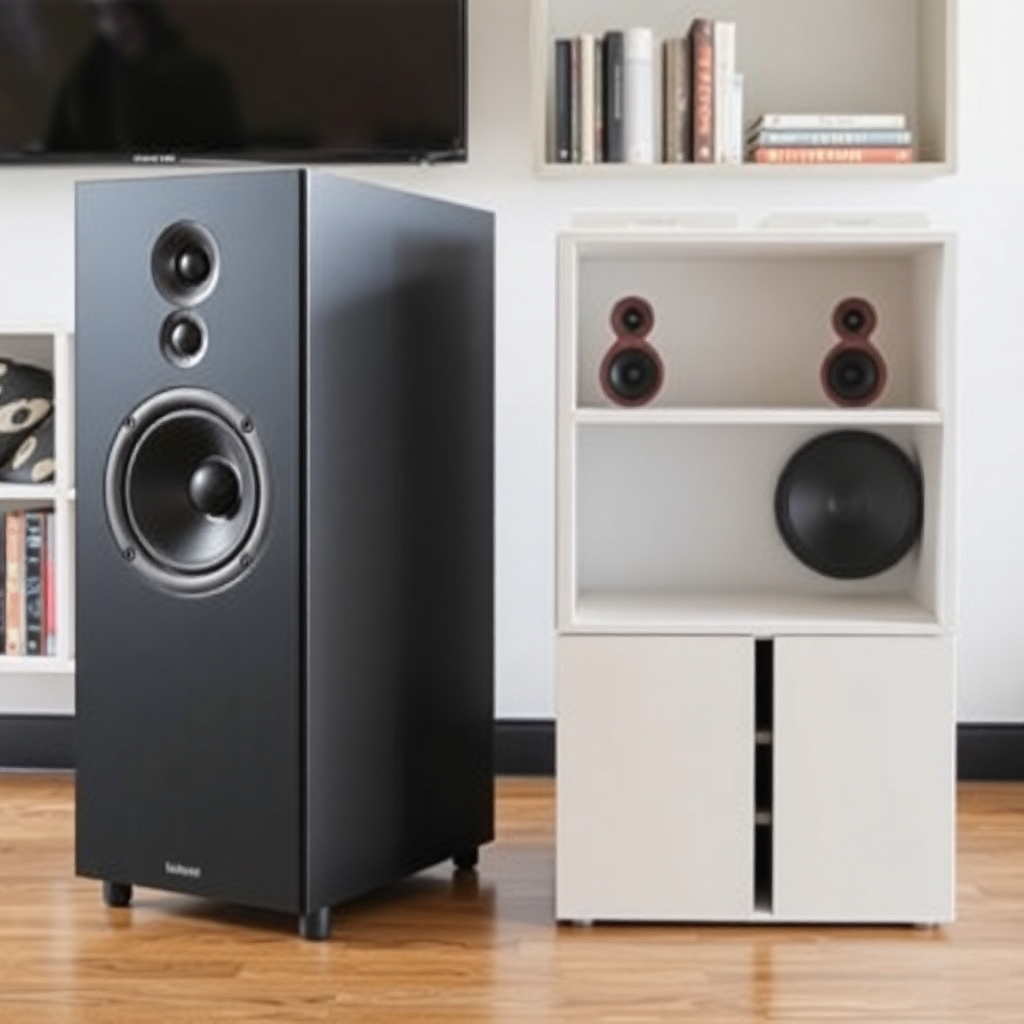
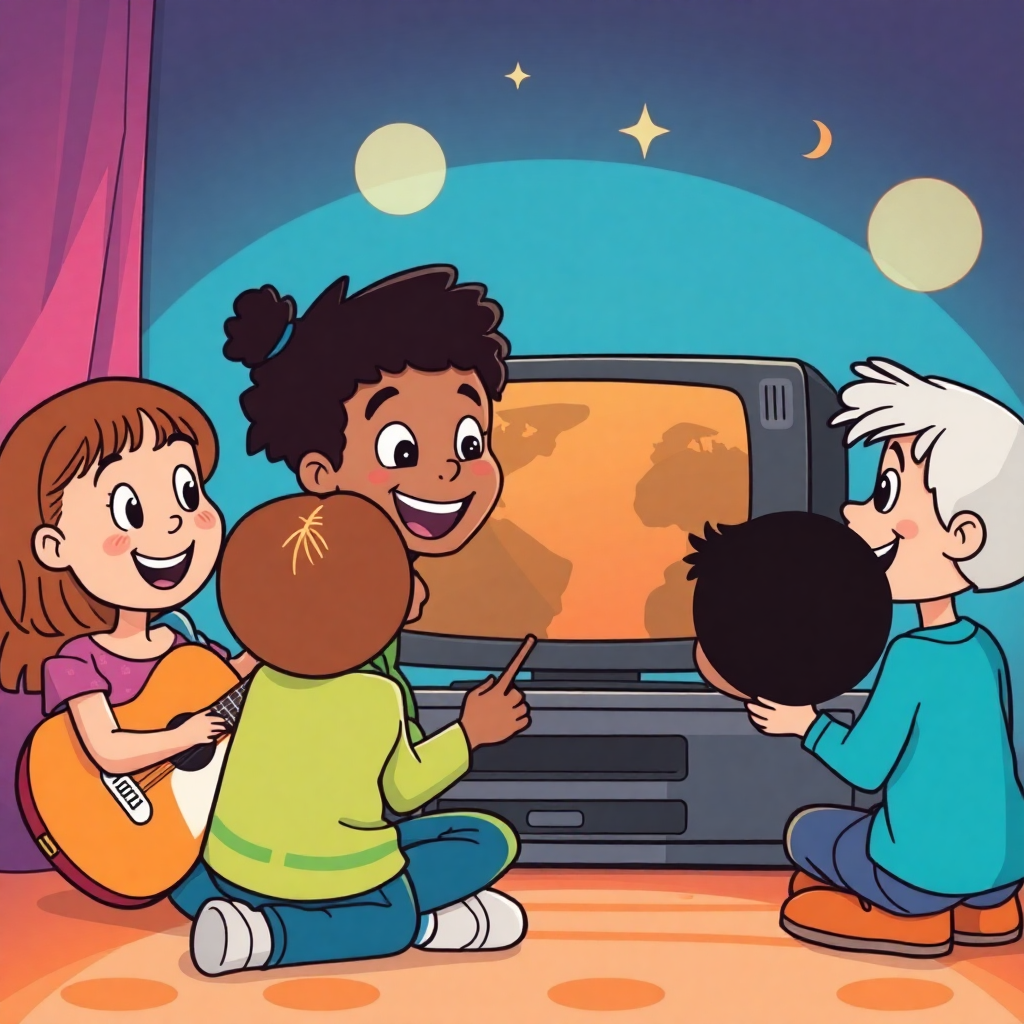


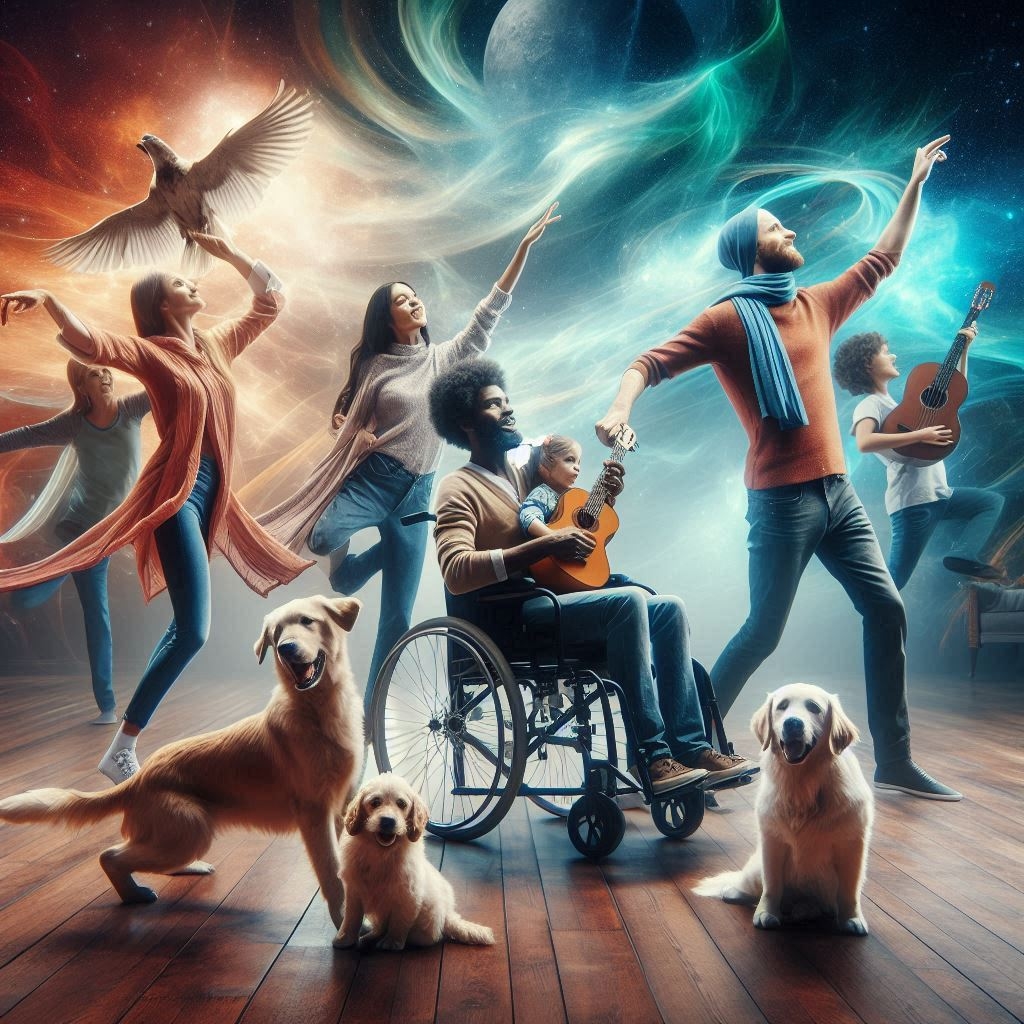
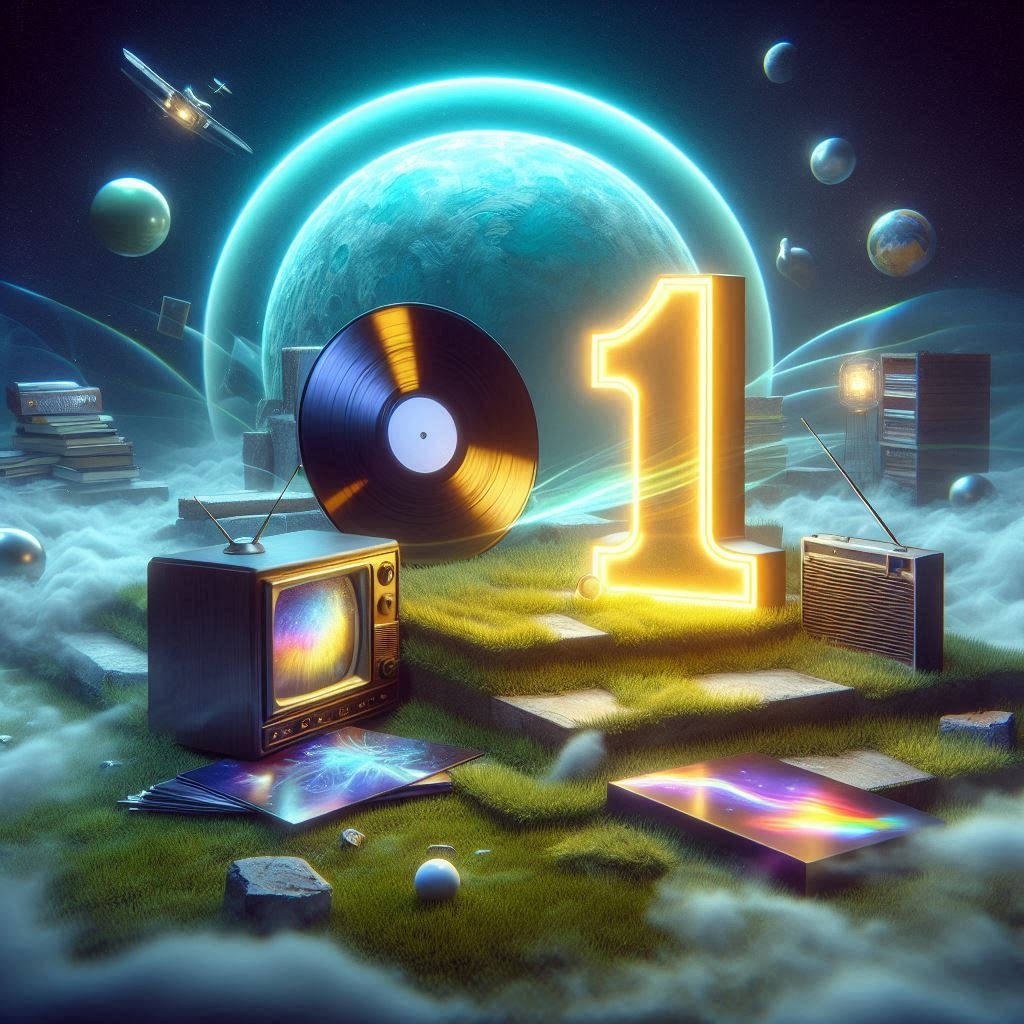


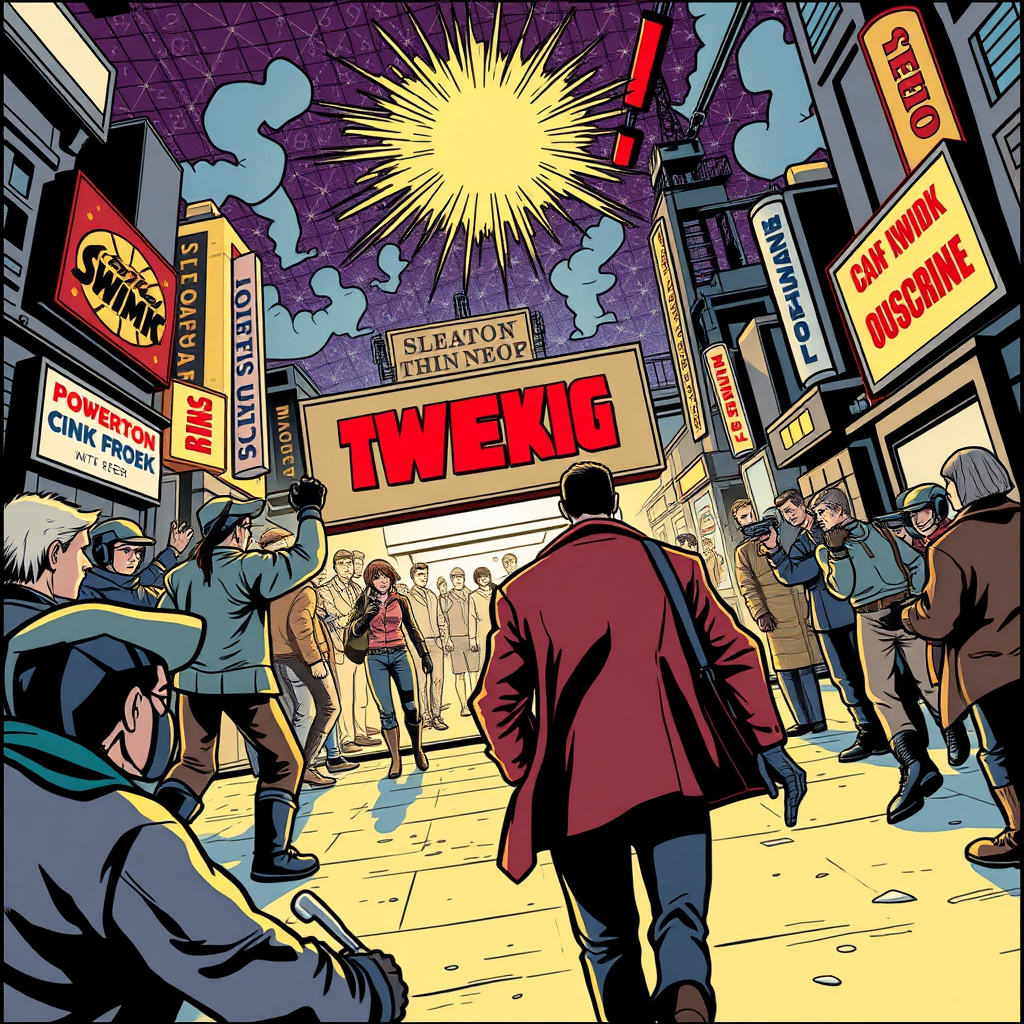
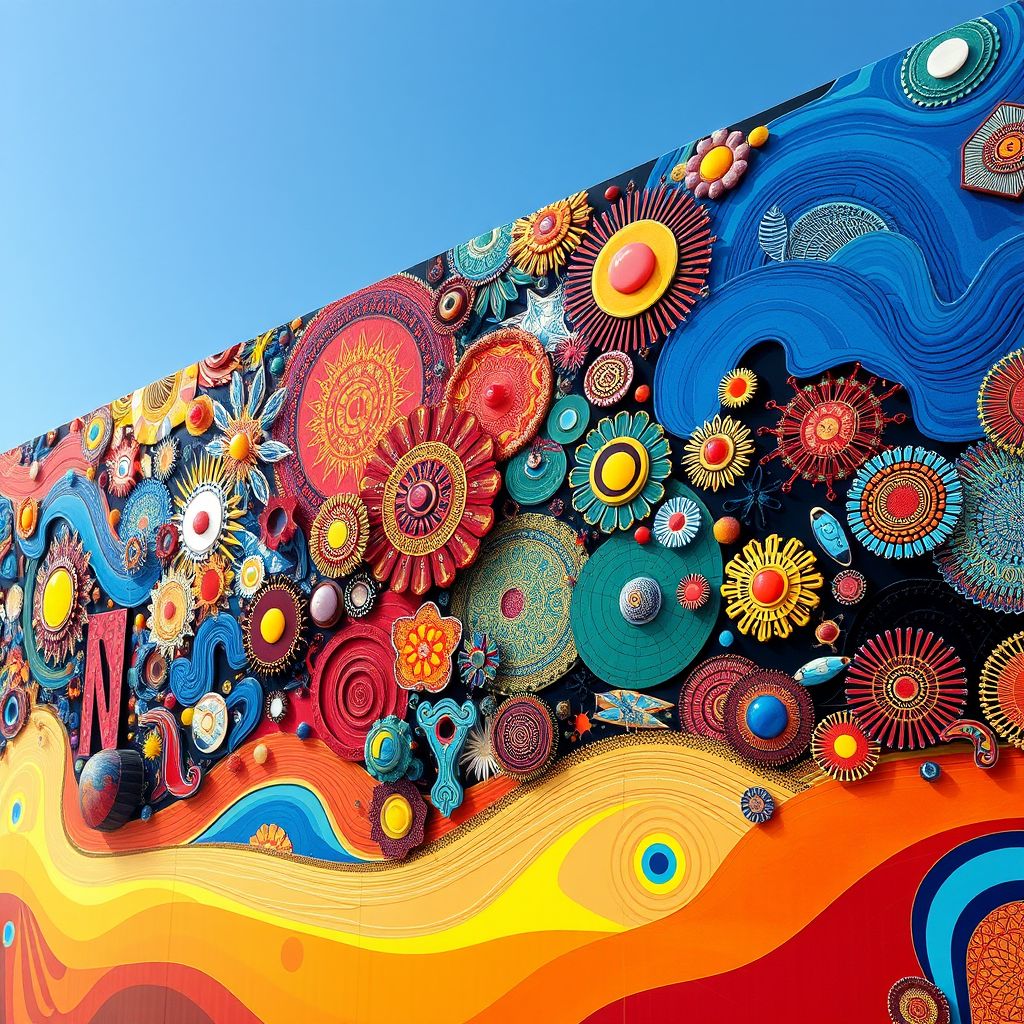
Mona Tasmania Where Art Meets Nature In Bold Outdoor Spaces
[…] its gallery walls. With breathtaking outdoor spaces and imaginative gardens, Mona offers visitors a holistic experience that combines art, nature, and innovation. Whether you’re seeking serenity, inspiration, or adventure, the outdoor areas are a […]